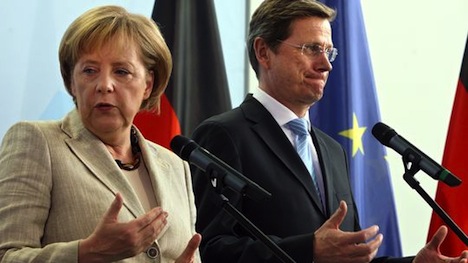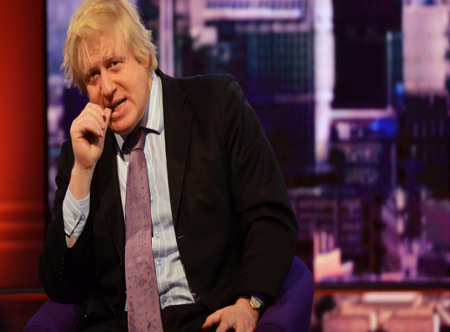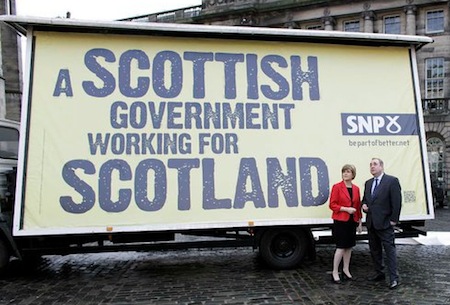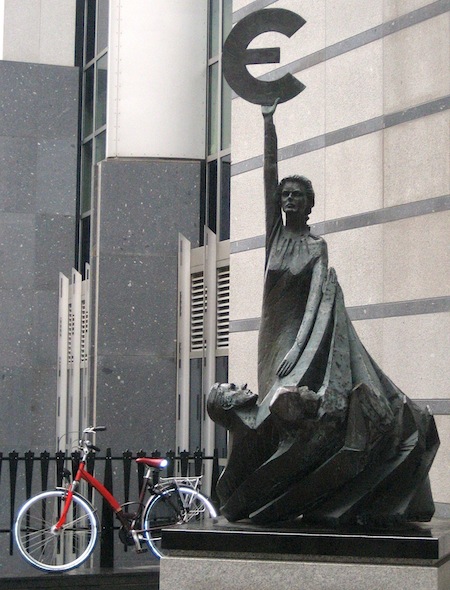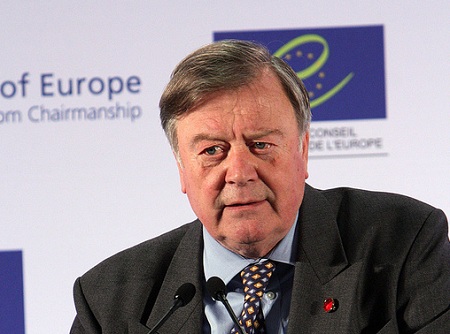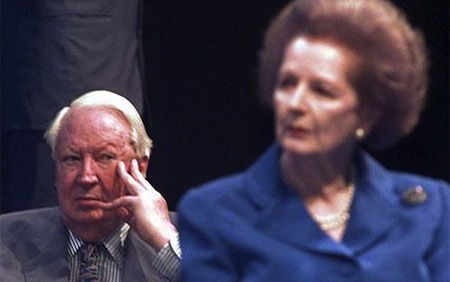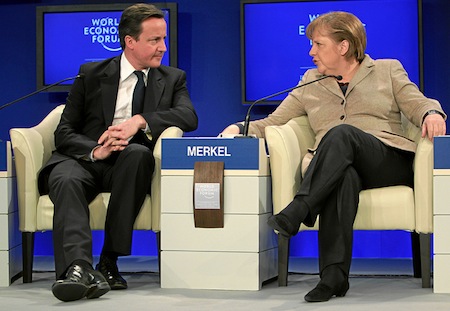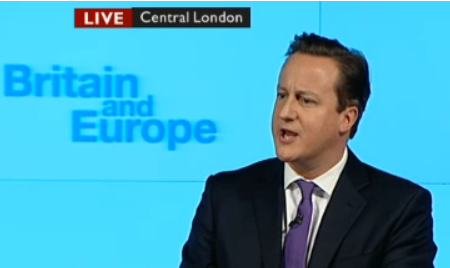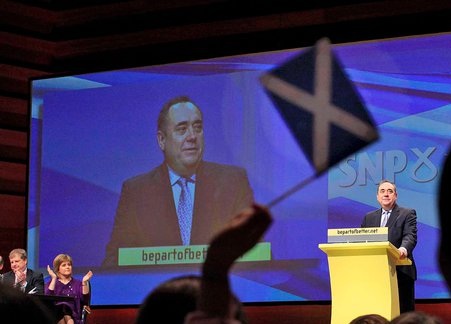Guest post by Michael J. Geary
The United States and the European Union expect to begin negotiations next month on the Transatlantic Trade and Investment Partnership (TTIP) in Washington, DC. Their ambitious aim is to create the world’s largest trade and investment bloc that covers a combined consumer population of over 800 million people. If the U.S.-E.U. talks prove successful, TTIP will become the biggest trade deal in history.![]()
![]()
U.S. president Barack Obama announced, to mild surprise, in his February 2013 state of the union address before the U.S. Congress that the United States would begin TTIP talks with the European Union. His announcement followed the publication of a report from the High Level Working Group, which had spent a year examining various options for expanding transatlantic trade and investment. The HLWG concluded that any deal between the United States and the European Union, in order to capture the most gains, would have to be comprehensive and include sensitive issues such as government procurement, a reduction in non-tariff barriers (NTBs), intellectual property rights, and employment and labour sectors. In May, Obama nominated his close economic advisor and free trade proponent, Michael Froman, to become the next U.S. trade representative. Froman’s selection was, therefore, an important sign that the Obama administration is serious about completing not only TTIP, but the Trans-Pacific Partnership (TPP) as quickly as possible.
The trade and investment pact features a number of ambitious goals. At the most fundamental level, U.S. and European leaders hope to reduce the existing transatlantic tariffs and other barriers that amount to approximately 3.5%or less on a range of goods. That will be by far the easiest element of TTIP to negotiate. A recent report from the Bertelsmann Foundation showed that a 3.5% reduction in tariffs would increase German exports to the United States by 1.13% and increase German imports, respectively, by 1.65%. Deeper trade liberalisation, including a reduction in NTBs would lead to even greater economic benefits in for U.S.-German trade. That, in turn, will significantly affect traditional intra-European trade flows, such that trade between Germany and other member states will decline significantly upon the completion of a comprehensive TTIP accord. The Bertelsmann report showed that, in the long term, French exports to Germany would fall by 23%, Italian exports to Germany would decline by 30% and British exports to Germany would drop by fully 41%. Such a comprehensive transatlantic deal would therefore mark a major realignment of traditional European trading patterns, offset by access to a wider US market. That pattern, moreover, is likewise is reflected in Bertelsmann’s assessment. For example, exports from Ireland, Italy, Greece, Portugal, and Spain to the U.S. increase by an average of 86%, which presents a major boost to those European countries most adversely affected by the ongoing sovereign debt crisis. Aside from the potential boost to transatlantic trade, the European Commission argues that TTIP will generate close to 2 million additional jobs, half of which would be created in the United States.
Securing a comprehensive transatlantic trade agreement, however, will not be easy. Continue reading Goodbye WTO, hello TTIP — United States and Europe hope to create world’s largest free trade zone

